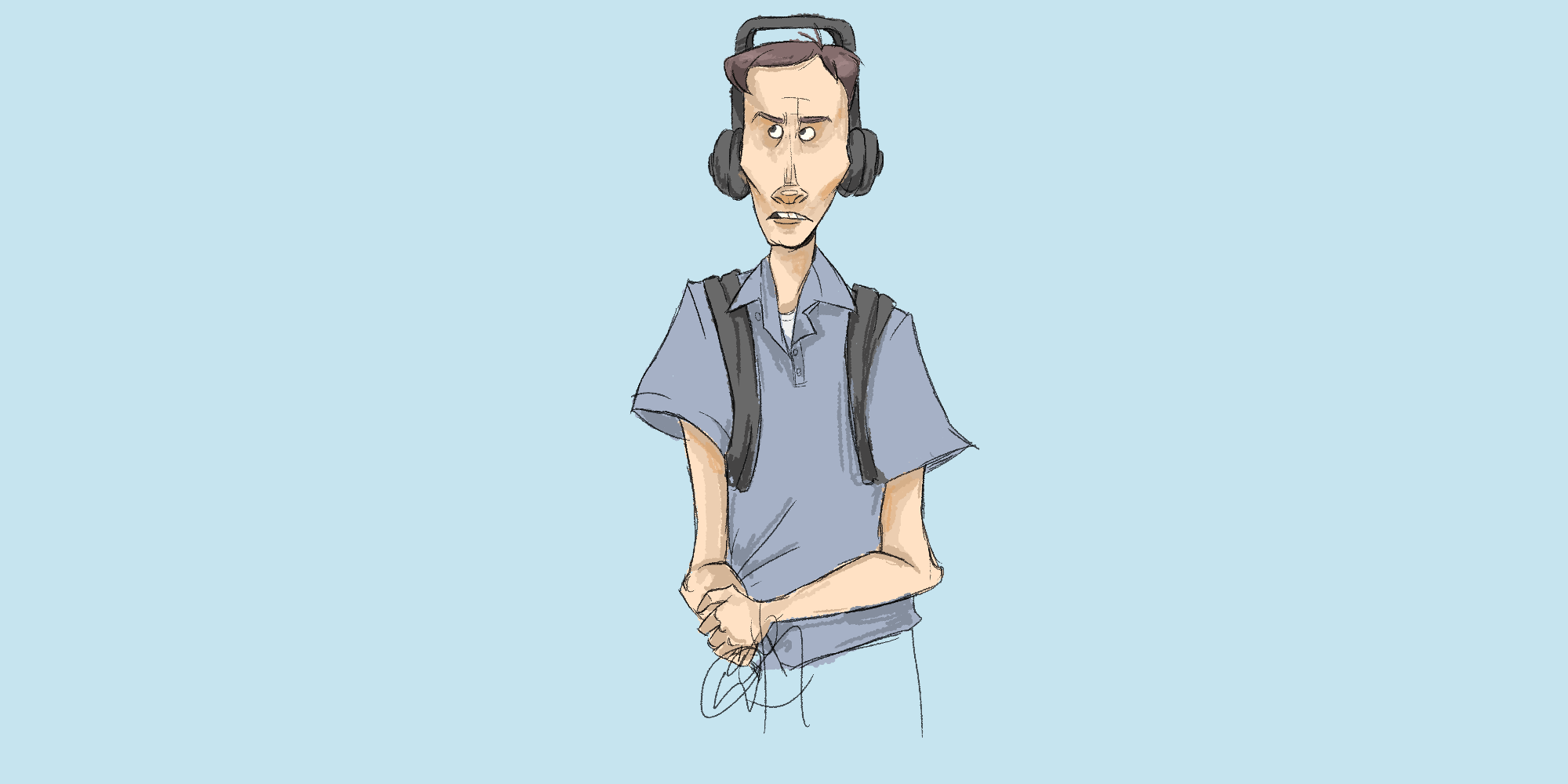Jodie Vanderslot | Health Editor
Featured Image: Students chime in and review the Netflix original Atypical | Rowan Campbell
On August 11, Netflix launched their original series, Atypical, a comedy show that revolves around Sam, a teenage boy with high-functioning autism. In his struggle for independence and desire to be and explore what it means to be “normal” in high school, Sam enters and tries to navigate the world of dating. Sam exhibits broad features of autism and attempts to portray the difficulties and challenges that he himself faces with his disability, as well as his family.
“Atypical follows the ordinary life of a high-functioning individual who just wants to be like everyone else and engage in dating—and the strains it has on his family as they process the new developments in his life. Atypical is fantastic, because it offers a humanistic view to individuals who don’t essentially engage within our everyday lives—it proves that they’re just like you and me,” says Medina Torlak, a third-year Criminology student.
Autism spectrum disorder (ASD) is a name given to a group of development disorders that range in symptoms, skills, and levels of impairment. There may be common characteristics across the spectrum, but the conditions and ability in which the person is able to independently function vary.
“Atypical presents an accurate depiction of someone with high-functioning autism. The show doesn’t really highlight or feature any other forms of autism on the spectrum,” explains Alyssa Luz, a fourth-year Kinesiology student.
Atypical portrays one possible, rather general story out of many. The show is meant to provide an understanding of autism in very broad terms. It uses Sam’s therapy sessions as commentary to gain some insight into how he understands things, explaining why he partakes in certain habits or behaviour. Sam discusses his inability to pick up on social cues, often over-sharing his wealth of information on penguins, and misunderstanding of social mannerisms, such as sarcasm.
Atypical also provides an example of how having a child or sibling with autism can look. The family dynamics range from estranged and distant, to overbearing and hindering.
“Atypical offers an insight/alternate perspective on what autism—to the individual and their family—essentially means, and the stigma they face in everyday life,” Torlak adds.
Cristina Lupoi, a graduate student in the Faculty of Education, says: “I think language is significant. During my undergraduate, I took a course in the Social Work field, and we talked about how important our language is. I think the terminology used was great and aided in representing Sam as a human first, not someone characterized by autism. I think this type of language should be used everyday, but before that can even happen, we’d have to educate everyone.”
In one episode they bring up people-first language, which is characterized as a respectful way of speaking that should always be used, as it puts the person first, before their disability. It’s not just about political correctness—it’s about respect and eliminating old, prejudicial language. Disability descriptors are not deciphers.
“I believe people-first language is crucial, because a person’s diagnosis shouldn’t be their defining trait. There’s a lot more to a person than what they are diagnosed as. It’s important to get into the habit of putting the person first,” says Luz.
Nothing About Us, Without Us, James Charlton’s book on disability oppression and empowerment, has most often been used to combat the oppression and lack of representation of those with disabilities. Our information about any range of illnesses and disabilities are rarely ever first-hand. There’s an entire spectrum of autism—it’s not universal, nor are autistic experiences. Many critics have been arguing that Sam, played by Keir Gilchrist, is taking on a perspective that is not his to portray, because he has not lived or experienced the life in which he is portraying, nor is he the person who should be representing the autistic community.
“I believe that Atypical was definitely a good step in the right direction with providing people with insight on the lives of people with autism, but I believe that more can be done. Moving forward, I think it would be beneficial to see someone with autism play the role in a television series or movie that is trying to educate the public or provide insight on what it is like to have autism,” adds Luz.
For individuals watching who have little to no knowledge of autism, it’s going to be misleading. For many, Atypical is a typical example of how people on the spectrum are inaccurately represented. We need to be mindful of what information we accept as fact, if our learning and understanding is solely coming from television—where the people being depicted are, in large part, misrepresented, with their voices unheard and perspectives universalized.


